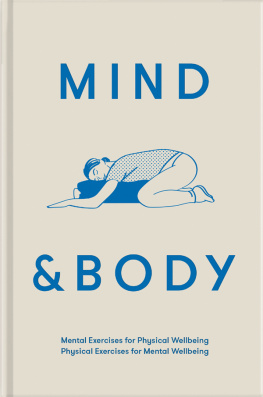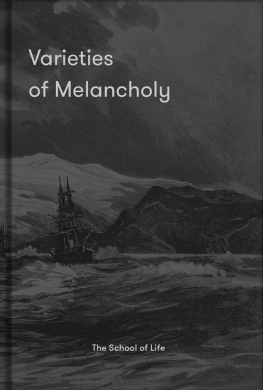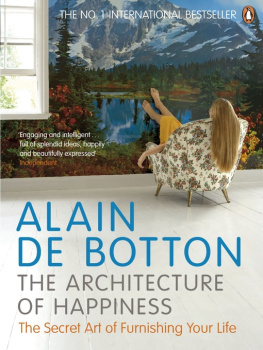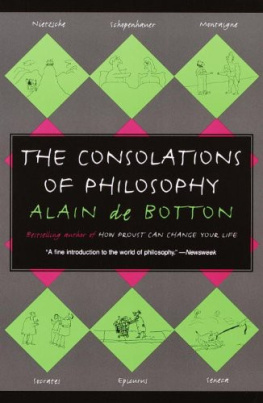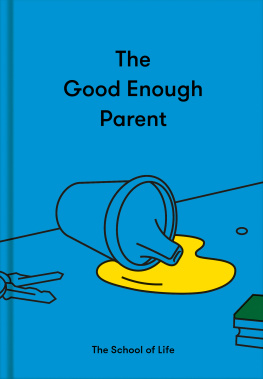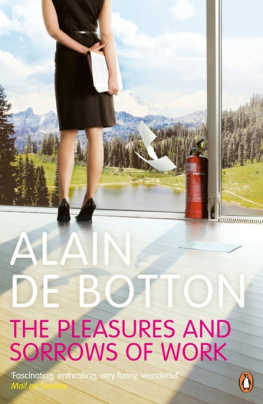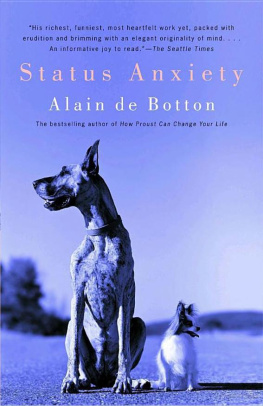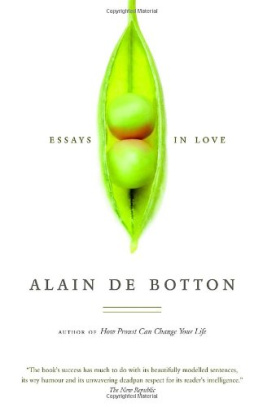Alain De Botton - The Pleasures and Sorrows of Work
Here you can read online Alain De Botton - The Pleasures and Sorrows of Work full text of the book (entire story) in english for free. Download pdf and epub, get meaning, cover and reviews about this ebook. year: 2009, publisher: Pantheon, genre: Detective and thriller. Description of the work, (preface) as well as reviews are available. Best literature library LitArk.com created for fans of good reading and offers a wide selection of genres:
Romance novel
Science fiction
Adventure
Detective
Science
History
Home and family
Prose
Art
Politics
Computer
Non-fiction
Religion
Business
Children
Humor
Choose a favorite category and find really read worthwhile books. Enjoy immersion in the world of imagination, feel the emotions of the characters or learn something new for yourself, make an fascinating discovery.

- Book:The Pleasures and Sorrows of Work
- Author:
- Publisher:Pantheon
- Genre:
- Year:2009
- Rating:4 / 5
- Favourites:Add to favourites
- Your mark:
- 80
- 1
- 2
- 3
- 4
- 5
The Pleasures and Sorrows of Work: summary, description and annotation
We offer to read an annotation, description, summary or preface (depends on what the author of the book "The Pleasures and Sorrows of Work" wrote himself). If you haven't found the necessary information about the book — write in the comments, we will try to find it.
The Pleasures and Sorrows of Work — read online for free the complete book (whole text) full work
Below is the text of the book, divided by pages. System saving the place of the last page read, allows you to conveniently read the book "The Pleasures and Sorrows of Work" online for free, without having to search again every time where you left off. Put a bookmark, and you can go to the page where you finished reading at any time.
Font size:
Interval:
Bookmark:
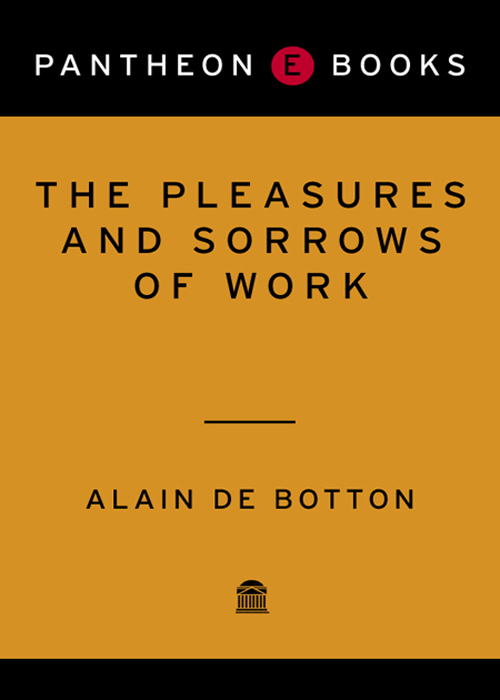
By the same author
Essays in Love
How Proust Can Change Your Life
The Consolations of Philosophy
The Art of Travel
Status Anxiety
The Architecture of Happiness
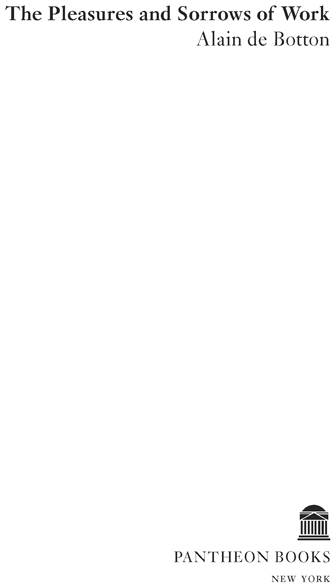
for Samuel
House-building, measuring, sawing the boards,
Blacksmithing, glass-blowing, nail-making, coopering, tin-roofing, shingle-dressing,
Ship-joining, dock-building, fish-curing, flagging of sidewalks by flaggers,
The pump, the pile-driver, the great derrick, the coal-kiln and brick-kiln,
Coal-mines and all that is down there, the lamps in the darkness, echoes, songs, what meditations
from Walt Whitman, A Song for Occupations
I.
II.
III.
IV.
V.
VI.
VII.
VIII.
IX.
X.
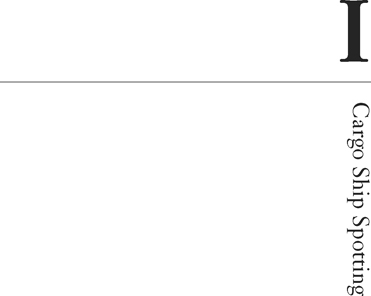
Imagine a journey across one of the great cities of the modern world. Take London on a particularly grey Monday at the end of October. Fly over its distribution centres, reservoirs, parks and mortuaries. Consider its criminals and South Korean tourists. See the sandwich-making plant at Park Royal, the airline contract-catering facility in Hounslow, the DHL delivery depot in Battersea, the Gulfstreams at City airport and the cleaning trolleys in the Holiday Inn Express on Smugglers Way. Listen to the screaming in the refectory of Southwark Park primary school and the silenced guns at the Imperial War Museum. Think of driving instructors, meter readers and hesitant adulterers. Stand in the maternity ward of St Marys Hospital. Watch Aashritha, three and a half months too early for existence, enmeshed in tubes, sleeping in a plastic box manufactured in the Swiss Canton of Obwalden. Look into the State Room on the west side of Buckingham Palace. Admire the Queen, having lunch with two hundred disabled athletes, then over coffee, making a speech in praise of determination. In Parliament, follow the government minister introducing a bill regulating the height of electrical sockets in public buildings. Consider the trustees of the National Gallery voting to acquire a painting by the eighteenth-century Italian artist Giovanni Panini. Scan the faces of the prospective Father Christmases being interviewed in the basement of Selfridges in Oxford Street and wonder at the diction of the Hungarian psychoanalyst delivering a lecture on paranoia and breastfeeding at the Freud Museum in Hampstead.
Meanwhile, at the capitals eastern edges, another event is occuring which will leave no trace in the public mind or attract attention from anyone beyond its immediate participants, but which is no less worthy of record for that. The Goddess of the Sea is making her way to the Port of London from Asia. Built a decade earlier by Mitsubishi Heavy Industries in Nagasaki, she is 390 metres long, painted orange and grey and wears her name defiantly, for she makes little attempt to evoke any of the qualities of grace and beauty for which goddesses are traditionally famed, being instead squat and 80,000 tonnes in weight, with a stern that bulges like an overstuffed cushion and a hold stacked high with more than a thousand variously-coloured steel containers full of cargo, whose origins range from the factories of the Kobe corridor to the groves of the Atlas Mountains.
This leviathan is headed not for the better-known bits of the river, where tourists buy ice-creams to the smell of diesel engines, but to a place where the waters are coloured a dirty brown and the banks are gnawed by jetties and warehouses an industrial zone which few of the capitals inhabitants penetrate, though the ordered running of their lives and, not least, their supplies of Tango fizzy orange and cement aggregate depend on its complex operations.
Our ship reached the English Channel late the previous evening and followed the arc of the Kent coastline to a point a few miles north of Margate, where, at dawn, she began the final phase of her journey up the lower Thames, a haunted-looking setting evocative both of the primeval past and of a dystopian future, a place where one half expects that a brontosaurus might emerge from behind the shell of a burnt-out car factory.
The rivers ostensibly generous width in fact offers but a single, narrow navigable channel. Used to having hundreds of metres of water to play with, the ship now advances gingerly, like a proud creature of the wild confined to a zoo enclosure, her sonar letting out a steady sequence of coy beeps. Up on the bridge, the Malaysian captain scans a nautical chart, which delineates every underwater ridge and bank from Canvey Island to Richmond, while the surrounding landscape, even where it is densest with monuments and civic buildings, looks like the terra incognita marked on the charts of early explorers. On either side of the ship, the river swirls with plastic bottles, feathers, cork, sea-smoothed planks, felt-tip pens and faded toys.
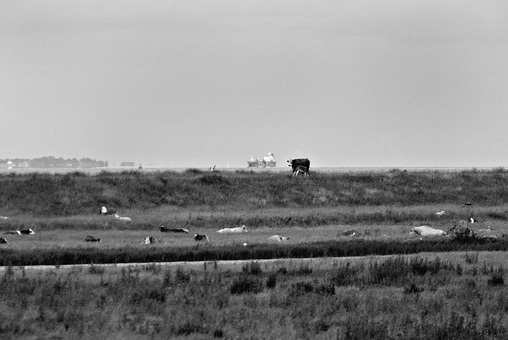
The Goddess docks at Tilbury container terminal at just after eleven. Given the trials she has undergone, she might have expected to be met by a minor dignitary or a choir singing Exultate, jubilate. But there is a welcome only from a foreman, who hands a Filipino crew member a sheaf of customs forms and disappears without asking what dawn looked like over the Malacca Straits or whether there were porpoises off Sri Lanka.
The ships course alone is impressive. Three weeks earlier she set off from Yokohama and since then she has called in at Yokkaichi, Shenzhen, Mumbai, Istanbul, Casablanca and Rotterdam. Only days before, as a dull rain fell on the sheds of Tilbury, she began her ascent up the Red Sea under a relentless sun, circled by a family of storks from Djibouti. The steel cranes now moving over her hull break up a miscellaneous cargo of fan ovens, running shoes, calculators, fluorescent bulbs, cashew nuts and vividly coloured toy animals. Her boxes of Moroccan lemons will end up on the shelves of central London shops by evening. There will be new television sets in York at dawn.
Not that many consumers care to dwell on where their fruit has come from, much less where their shirts have been made or who fashioned the rings which connect their shower hose to the basin. The origins and travels of our purchases remain matters of indifference, although to the more imaginative at least a slight dampness at the bottom of a carton, or an obscure code printed along a computer cable, may hint at processes of manufacture and transport nobler and more mysterious, more worthy of wonder and study, than the very goods themselves.
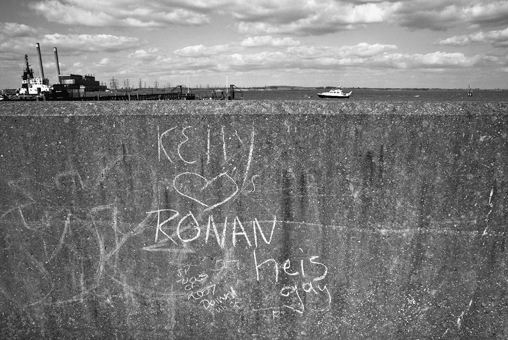
The Goddess of the Sea is only one of dozens of ships making their way up the Thames on this October day. A Finnish vessel arrives from the Baltic Sea, laden with rolls of paper the width of railway tunnels, destined to feed the chattering presses of Wapping and West Ferry. A freighter sits low in the water next to Tilbury power station, weighed down by 5,000 tonnes of Colombian coal enough fuel to fire the kettles and hairdryers of eastern England until the New Year.
Font size:
Interval:
Bookmark:
Similar books «The Pleasures and Sorrows of Work»
Look at similar books to The Pleasures and Sorrows of Work. We have selected literature similar in name and meaning in the hope of providing readers with more options to find new, interesting, not yet read works.
Discussion, reviews of the book The Pleasures and Sorrows of Work and just readers' own opinions. Leave your comments, write what you think about the work, its meaning or the main characters. Specify what exactly you liked and what you didn't like, and why you think so.


